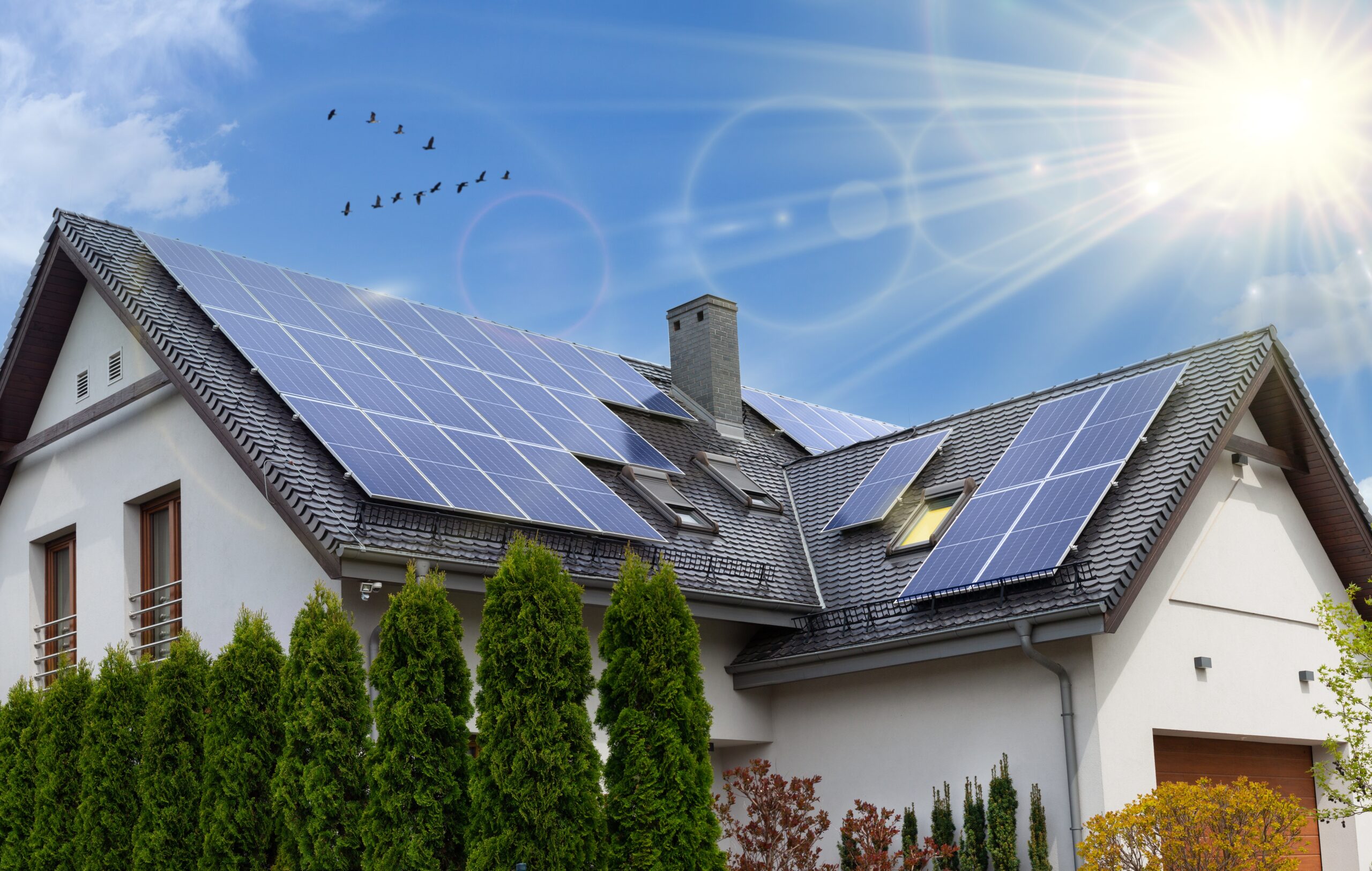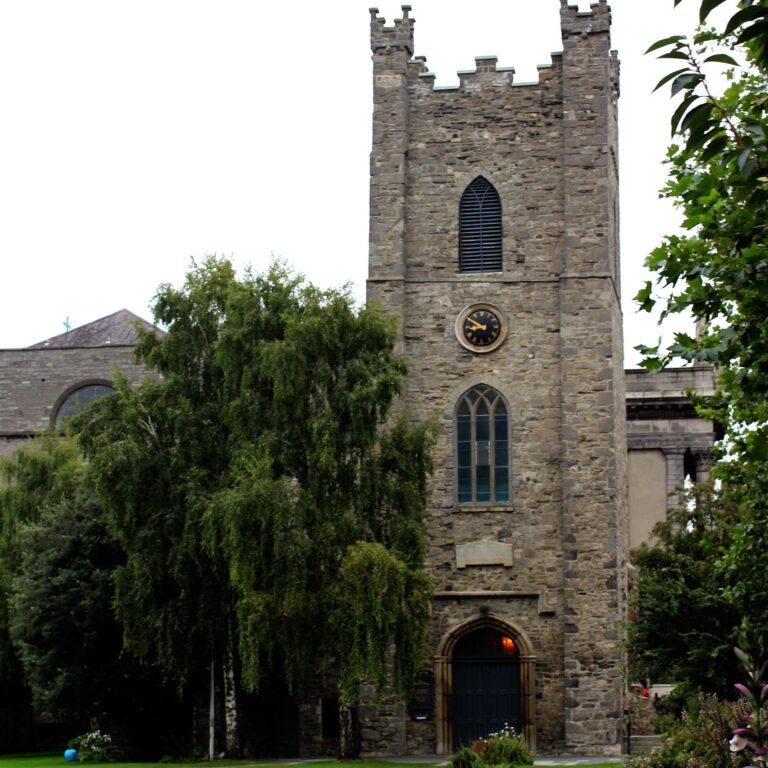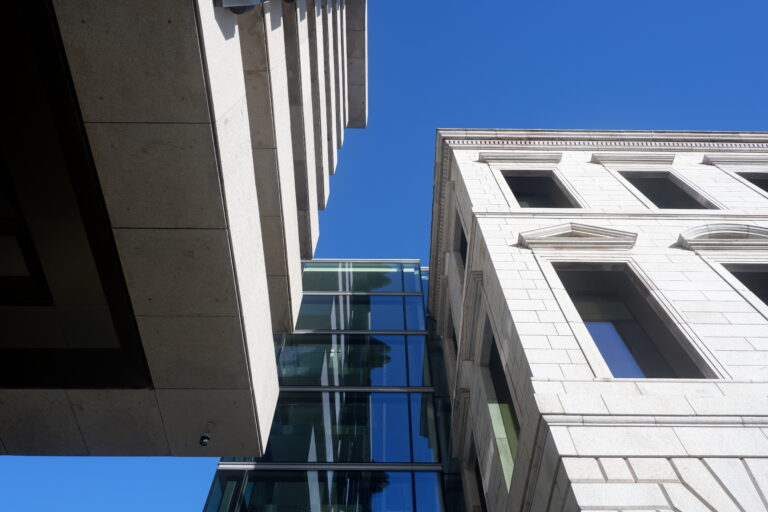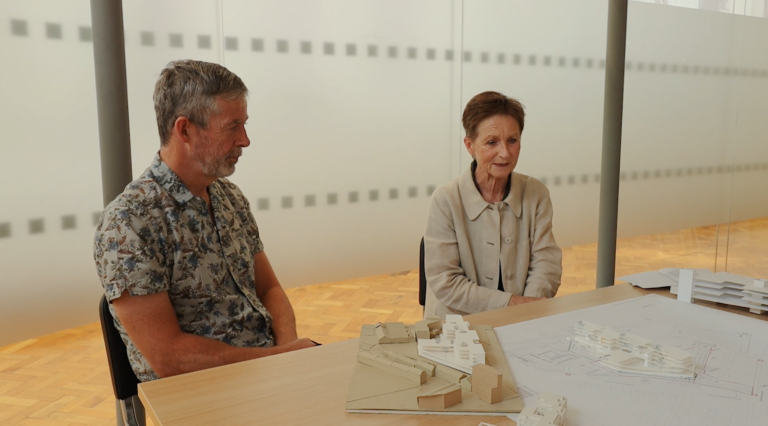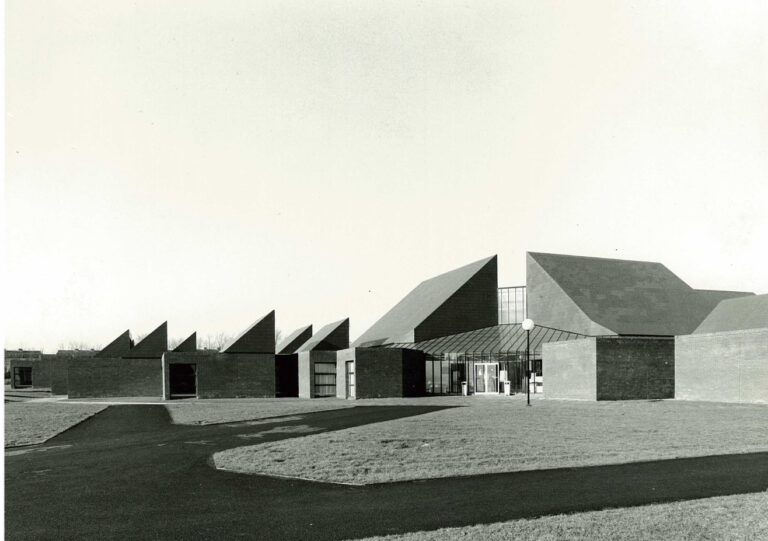Journal •
Changes on the Horizon for Energy Performance of Buildings
Proposed revisions to the European Performance of Buildings Directive (EPBD) will be implemented in Ireland and will have implications for those acquiring, developing, funding or managing buildings and monitoring ESG targets. What do you need to know?
Zero Emissions
From 1 January 2028, all new buildings should be zero-emission with the deadline for new buildings occupied, operated or owned by public authorities being 1 January 2026.
This higher standard follows from the nearly zero-emission building (NZEB) obligations introduced by the updates to the EPBD in 2018 (enacted in Ireland in 2019). NZEB requirements typically equate to an A3 BER rating for commercial buildings (B2 for residential), and 20% of the energy needs to be derived from onsite or nearby renewables.
BER requirements
Non-residential and public buildings would have to achieve a BER of E rating from 1 January 2027 and a D rating by 1 January 2030. On the other hand, residential buildings will have to achieve the same ratings from 1 January 2030 and 1 January 2033, respectively.
EU Member States, including Ireland, will need to establish various measures to achieve these targets through national renovation plans. There will be realignment across Member States of the BER system in 2025, with the worst-performing 15% being G-rated.
Solar Technologies for Buildings
Where technically suitable and economically feasible, existing public and non-residential buildings should be equipped with solar technologies.
New public and new non-residential buildings within 24 months after the revised EPBD comes into force and new residential buildings and roofed car parks by 31 December 2028. In addition, all buildings undergoing major renovation (>25% of the building surface undergoes renovation) by 31 December 2032.
Support Measures
National renovation plans will need to include support schemes to facilitate access to grants and funding, particularly for deep renovations for the worst-performing buildings and vulnerable households.
Technical assistance and integrated renovation services must also be provided. Ireland has already put some measures in place, including by legislation and through the Sustainable Energy Authority of Ireland (SEAI).
Economic and practical delivery challenges will arise. However, the proposed changes to the EPBD create opportunities for improved energy performance of buildings, through targeted acceleration of retrofits and renovation, which should hopefully lead to better energy bills, health improvements and reduced greenhouse gas emissions.
By Jarleth Heneghan, Partner, and Cassandra Byrne, Consultant
Projects & Construction, William Fry – www.williamfry.com


